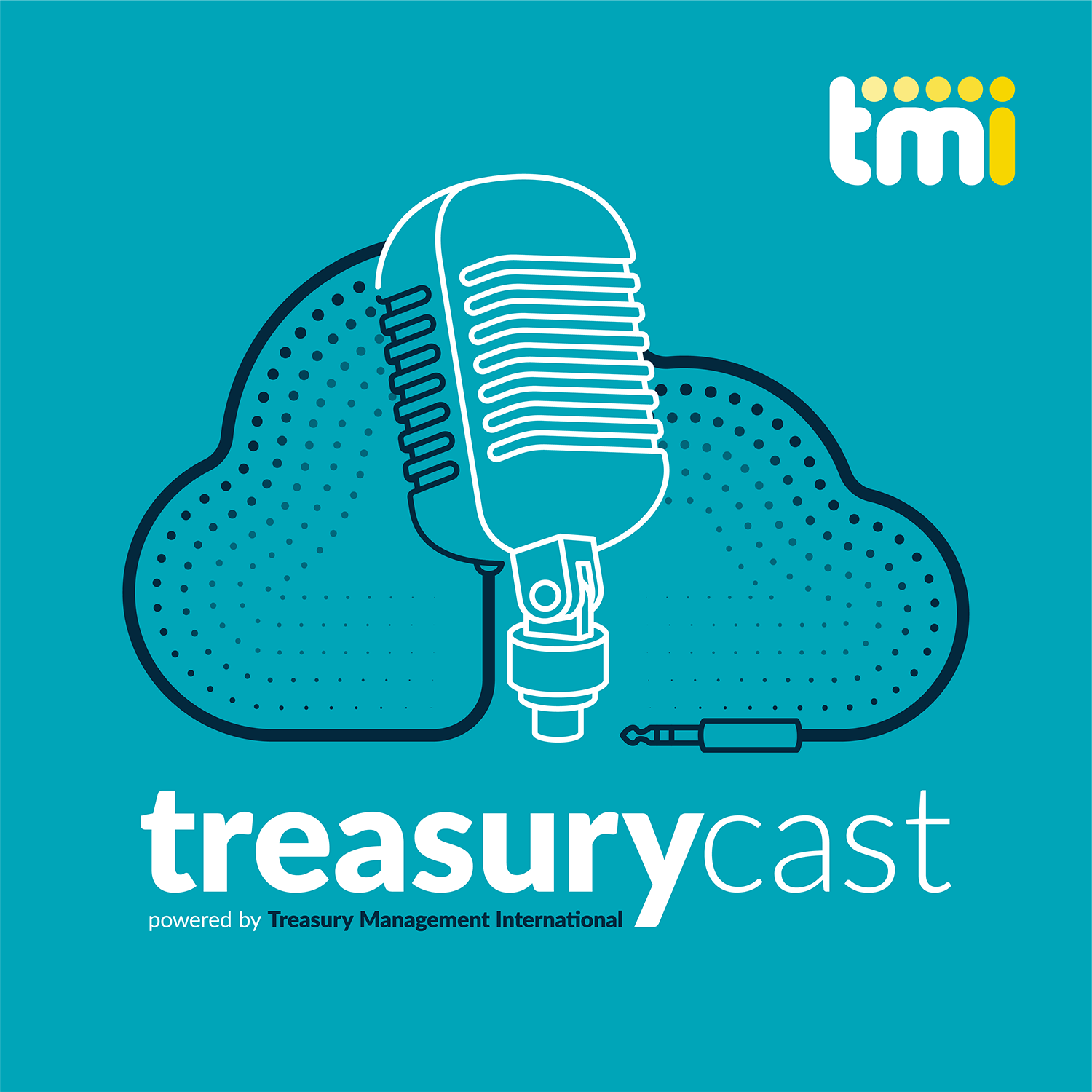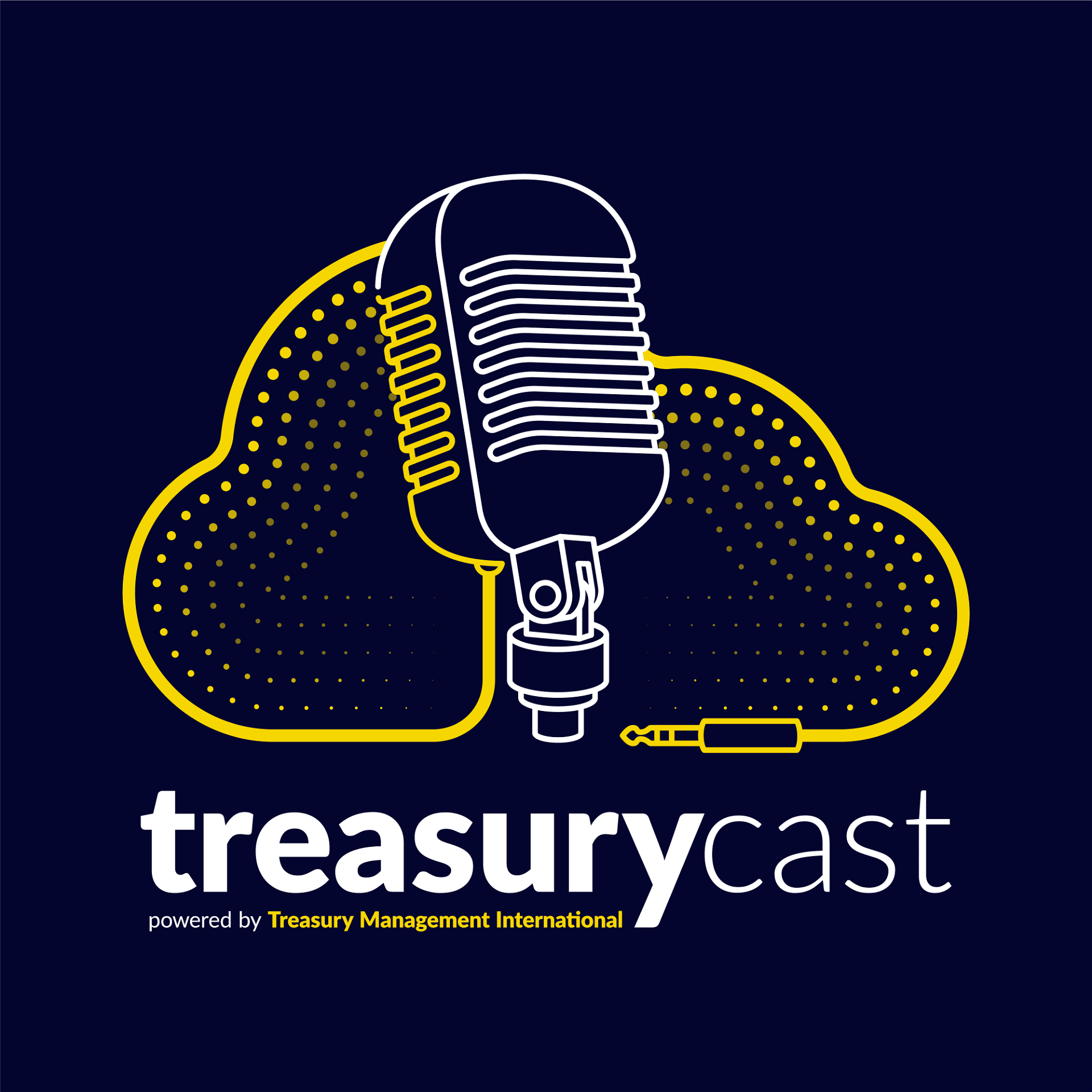FQX announces today that eNote is being launched internationally following a series of successful pilot transactions using eNote including a digital asset bank as well as the leading digital trading platform for metals and ferroalloys, Metalshub, supported by FQX’s technology partners Swisscom and Swiss Post. As of today, FQX has onboarded more than 20 entities from various jurisdictions, including financial institutions and multinational corporations.
James Courtenay is appointed as a Non-Executive Director of FQX with immediate effect. He was Global Head of Corporates at Standard Chartered Bank until April 2017, where he had overall responsibility for all the bank’s corporate clients across Africa, Asia and the Middle East advising clients on all major decisions across the bank’s products and services.
eNote can connect the real economy directly to investors and boost the flow of liquidity, providing a new streamlined infrastructure to unblock inefficiencies in the current system and make trade and corporate finance more widely available for businesses who are struggling to raise it – and more profitable for investors looking for yield. eNote is a digital promissory note, an unconditional promise to pay that is secure, tradeable and provides as a negotiable instrument an alternative to burdensome instruments such as reverse factoring, dynamic discounting, trade loans and – eventually – commercial papers. The potential for eNote in receivables finance is significant in global supply chains where a huge funding gap exists.
SMEs and many companies across developing markets do not have adequate access to trade finance and are underserved by commercial banks, despite offering investment grade opportunities. eNote can unlock this new source of revenue for institutional investors and treasuries and increase liquidity to close the gap. Traders & producers are often forced to abandon transactions when finance is rejected, and this is one of the top three export obstacles for half of the world’s countries (source: WEF).
In 2019, the Asian Development Bank estimated the global trade finance gap at US $ 1.5 trillion, but amid the fallout from Covid-19 this figure has risen sharply to a US $3.4 trillion gap (source, Standard Chartered Estimate 2020). SMEs in emerging economies are facing the highest rates of rejection for trade finance according to the International Chamber of Commerce (ICC) which estimates “that restoring trade to pre-pandemic levels in 2021 will require an additional US$2 trillion of trade finance to be delivered to the real economy relative to the level of supply in 2020.
Oswald Kuyler, Head of the Digital Standards Initiative at ICC commented, “Closing the trade finance gap and enabling MSMEs is a top priority of the ICC. Electronic promissory notes as offered by the FQX eNote infrastructure is a fantastic example of how new business models and technology can bridge the trade finance gap. A unique solution offering multiple options to buyers, sellers and investors, built on a strong international dispute arbitration infrastructure is exactly the type of innovations we need in 2021.”
FQX is accessible to corporations and financial institutions via indirect origination channels, such as banks, fintechs, treasury management systems, purchasing cooperatives, large logistics firms and large MNCs, who will license eNote. Users may utilise eNote to issue and transfer trade loans as well as singular commercial papers, liquidate trade receivables or extend payment terms.
The Covid-19 pandemic and resulting remote working practices have accelerated the need for digitising trade finance documentation, removing legal obstacles and replacing hand-written signatures and paper certificates. To this end, The Bankers Association for Finance and Trade (BAFT) has recently released best practices for Digital Ledger Payment Commitments; while FQX supports these and other efforts to standardise the technological and legal framework for the digitisation of financial instruments, it is already offering a working solution to the market, developed and designed by leading international experts in DLT and law.
Frank Wendt, CEO commented, “I find the idea of supplying liquidity to SMEs intriguing, and have realised that an electronic equivalent of the promissory note can do this efficiently, securely and at scale. Our four co-founders each bring the specific skills and knowledge to realise the huge potential for eNote, and we are all thrilled that James Courtenay joins our board today. He brings a depth of experience and relationships that are invaluable to FQX as we launch eNote globally.”
James Courtenay said, “The global economy is facing two major challenges, which are exacerbated by the current Covid-19 pandemic: a yield plight for fixed income investments due to low to negative interest rates, and a global trade finance gap that is widening at an accelerating pace. FQX`s eNote tackles both issues based on a proven concept of electronic negotiable instruments, and I am excited to be so closely involved in further developing eNote.”
Michael Füllemann, an investor in FQX said, “I am proud to be supporting eNote, a genuine innovation that is limitless in scope and will help supply chains, SME finance and world trade. The eNote connects investors directly to the real economy via a trusted instrument thereby creating a new tradeable asset class with attractive yield potential in a challenging interest rate environment. Timing could not be better. The world needs liquidity and better technology to get back on its feet after the destruction of the Covid-19 pandemic.”
Helmut Paulus, an investor in FQX commented, “FQX joins the dots: state-of-the art technology connects Trade- and Supply Chain-Finance with nearly unlimited liquidity and the required risk-budgets of institutional investors. FQX offers a win-win solution for all parties involved.”
FQX is nominated Early Stage Swiss Fintech Startup of the Year by the Swiss FinTech Awards 2021 and was selected among 200 start-ups for the Swiss Stock Exchange SIX’s F10 Scale-Up acceleration program.





